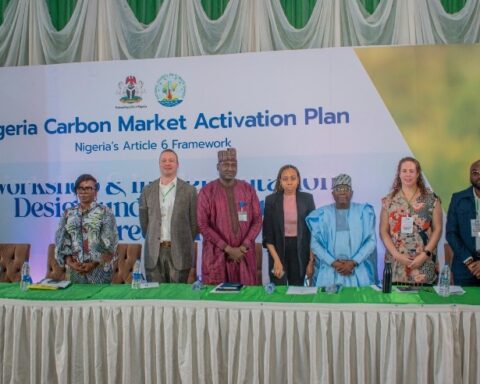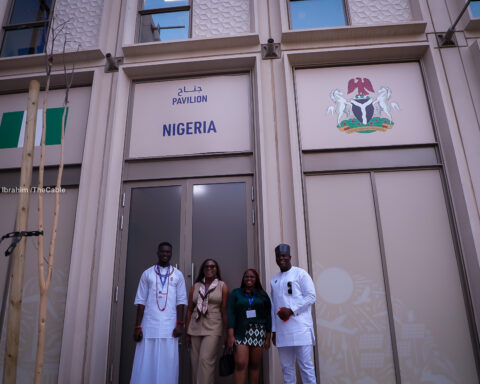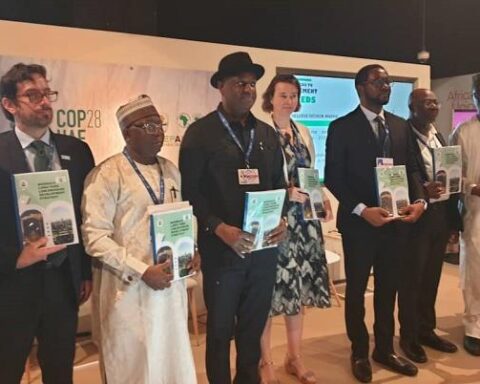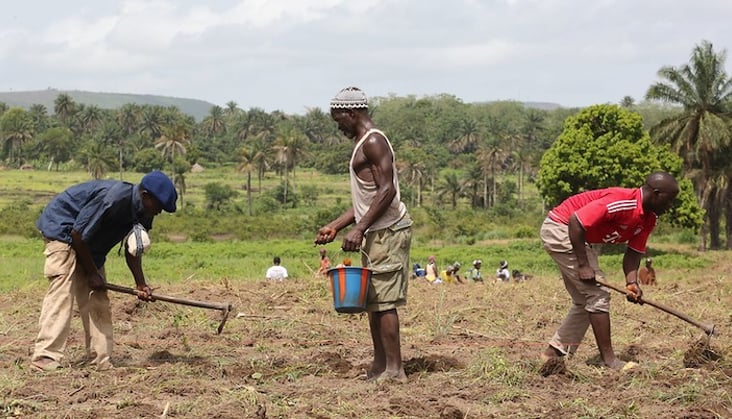The United Nations Development Programme (UNDP) and National Council on Climate Change (NCCC), Nigeria, have called for accurate data to meet Nigeria’s climate commitments.
The collaboration also highlighted the need for cooperation between federal, state, and local governments in Nigeria to produce reliable climate change data.
The UNDP and NCCC called during a Consultation Workshop on Data Analysis, aimed at preparing Nigeria’s First Biennial Transparency Report (BTR1) to the United Nations Framework Convention on Climate Change (UNFCCC).
The workshop brought together experts and officials who emphasized the importance of comprehensive and transparent climate data.
Speaking at the event, Mr. Arum Nnamdi from the Enugu State Ministry of Environment and Climate Change stressed the importance of data collection at the local government level, advocating for capacity-building initiatives to empower local officials.
He said: “Data collection must cascade down to local governments. We need to build capacity at the sub-national level to ensure the credibility and quality of our data.”
He praised the efforts of the NCCC but noted that more needs to be done to integrate local entities into the data collection process pointing out that states should employ individuals who are knowledgeable about climate change issues and have the necessary resources to gather and manage data effectively.
In her address at the event, the Director-General and CEO of the NCCC, Dr. Nkiruka Maduekwe called for enhanced synergy among stakeholders.
Maduekwe highlighted the urgency of producing credible data for the BTR1, which Nigeria is required to submit by December 2024.
“We need credible and quality data to develop a carbon budget and to accurately determine our greenhouse gas emissions levels,” Maduekwe stated urging all stakeholders to collaborate closely with the NCCC to fulfill their mandates and ensure Nigeria meets its climate obligations.
Maduekwe also stressed that the data collected is not only vital for the BTR1 but is also crucial for assessing progress in Nationally Determined Contributions (NDC) implementation and other climate actions.
“It’s essential to have transparent and validated data to present to the international community,” she said.
Climate change expert Professor Emmanuel Oladipo called for the establishment of a national system for generating and managing climate data to ensure that information is readily available.
“Nigeria needs to have a comprehensive system in place for climate information regeneration,” Oladipo suggested, emphasizing the importance of having a well-structured approach to climate data management.
Alhaji Umar Saleh Anka, Director of Environment and Climate Change at the Kano State Watershed Erosion and Climate Change Management Agency, advocated for a bottom-up approach to data collection.
“There needs to be a clearly defined relationship between national and sub-national entities to ensure credible data availability,” Anka said.
He emphasized the necessity of inter-ministerial and inter-departmental cooperation at both state and federal levels to enhance data collection and management.
Ibrahim Abdullahi Shelleng, Senior Special Assistant to the President on Climate Finance and Stakeholder Engagement, reiterated the federal government’s commitment to transparent climate actions.
He acknowledged the challenges in accessing climate finance, attributing them to the lack of available data.
“This administration is committed to supporting the NCCC and other stakeholders in producing validated and transparent data. Data is crucial in reporting, and it must be credible and transparent to earn the trust of the international community,” Shelleng noted.
The workshop brought together Climate Change Focal Persons and Sectoral Data Compilers from across Nigeria, underscoring the collective effort required to achieve credible climate data.
As Nigeria gears up to meet its UNFCCC obligations, the emphasis on synergy and collaboration among all levels of government is seen as a critical step toward enhancing the country’s climate change response and ensuring sustainable development planning.
By Faridat Salifu








